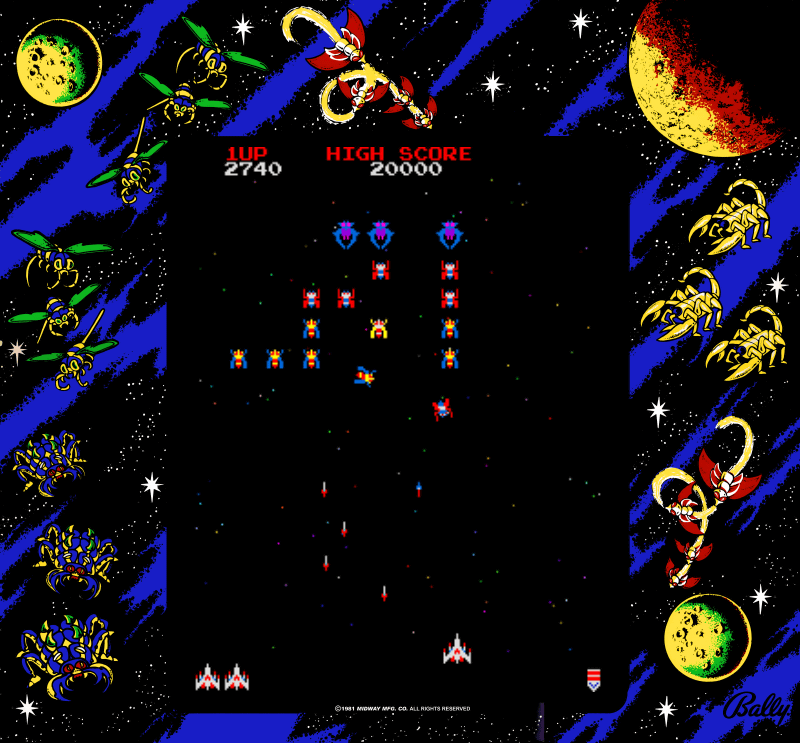
As usual, I wanted a Skaven class for LotFP, as I have a ton of Skaven miniatures. This allows players to pick a Skaven PC, or create leveled Skaven NPCs if you so wish.

As usual, I wanted a Skaven class for LotFP, as I have a ton of Skaven miniatures. This allows players to pick a Skaven PC, or create leveled Skaven NPCs if you so wish.
Waterdeep is known as the City of Splendors, wrapping around a coastal mountain, built on top of the ruins of ancient dwarven settlements and wizard towers. It is a multicultural trade hub along the Sword Coast, and as such, pretty much anything or any type of person can be found here. You are here not as some destined hero, but one of many normal folk trying to improve life for themselves (and maybe others.)
Our open table game is expanding with supplemental recruiting on social media. I was forgetful of Mother's Day here in the states, which made me reschedule delve four as pretty much everyone was unavailable. I was able to run a session 0 with a player who was new in town, and we were more or less able to comfortably scope out how busy the local food hall is as well, so a full-on session is in planning there. We also had a successful delve and some new high scores!
I'm a performing musician in the eastern United States, so every now and then I get to try my hand at making flyers. I've also connected with a large amount of people thanks to gigging and podcasting, and many of them play some sort of tabletop RPG (usually D&D.) So, I wanted to kick something off where we can play some games adjacent to our gigs -- many of which are just a few blocks away from my house.

Let me start by saying that I do not think TSR ever intended D&D to be a score attack game as we know them today. Space Invaders released in 1978, Galaxian in 1979, and Galaga (pictured above) in 1981. These games all featured a gameplay loop focused on getting your score on an electronic leaderboard. In digging a bit, Gary Gygax states in Dragon Magazine -
The original edition of Dungeons and Dragons launched in 1974, primarily marketed to gamers who were adults of working age, who were already involved in the hobby gaming scene. Of course, they had no idea how far the idea of codified roleplaying games rules would go in the future. The brown box was priced at $10, which seems pretty modest for today. However, using an inflation calculator, we can see that $10 in 1974 is actually about $55 or more in 2022 dollars. That seems in line with what a tabletop war game enthusiast would pay for something today. The minimum wage in 1974 was $2/hour. Five hours of mopping the five and dime and you could send mail to friendly cokehead insurance salesmen to have your own fantasy adventures!